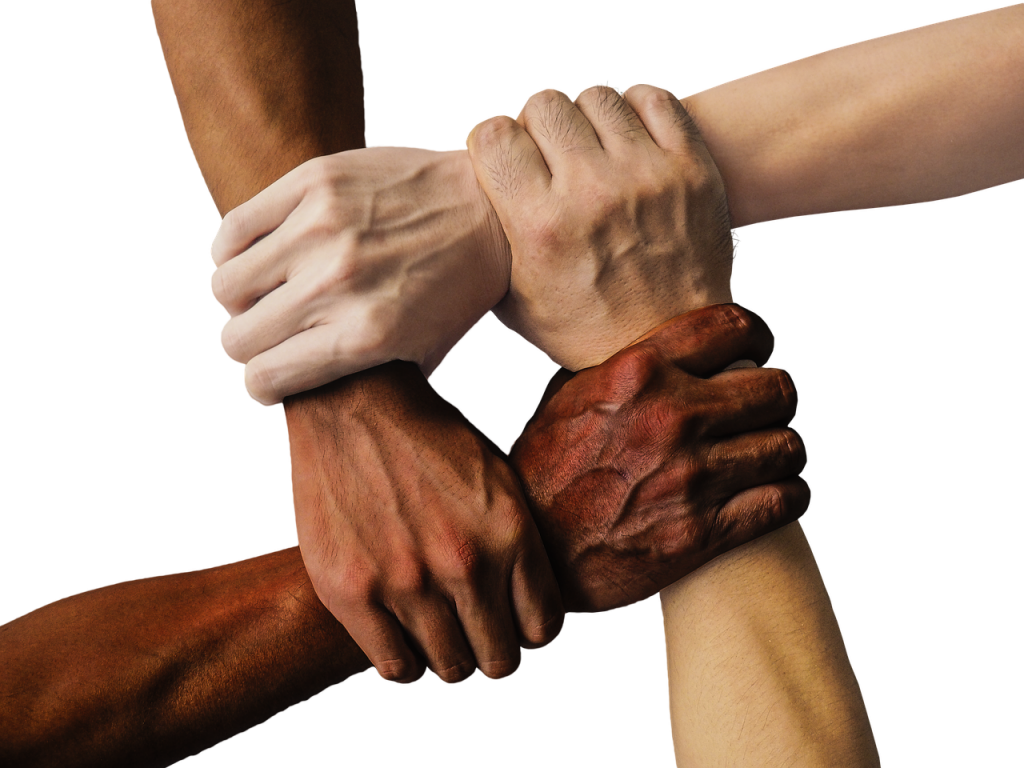In the run-up to the May 2019 local elections, Just Fair along with Poverty2Solutions are approaching candidates for councillor and mayoral positions across the North East of England to ask them to be #1ForEquality by promoting the implementation of Section 1 of the Equality Act and socio-economic rights.
What Is Section 1 Of The Equality Act?
Social class is not a protected characteristic under the Equality Act 2010, but Section 1 contains what is known as the socio-economic duty.
This duty would place an obligation on public authorities to have due regard to “the desirability of exercising (their functions) in a way that is designed to reduce the inequalities of outcome which result from socio-economic disadvantage”.
In other words, the socio-economic duty offers a powerful lever to reduce the damaging gaps that harm us all.
We live in unequal societies but inequality is not inevitable.
Koldo Casla, policy director at Just Fair
“We live in unequal societies but inequality is not inevitable,” explained Koldo Casla, policy director at Just Fair. “It is the product of government decisions, actions and omissions that ignore human rights laws and principles.”
On a national level, there are currently 82 MPs from five different parties in Westminster who have signed an Early Day Motion calling on Government to implement the socio-economic duty.
In Scotland, the equivalent of the socio-economic duty – the Fairer Scotland Duty – came into force in April 2018, and the Welsh Government announced at the end of 2018 that it is going to examine how the duty could help to tackle poverty,
As Just Fair’s research has shown, there are already a number of councils that are taking steps to implement the socio-economic duty despite the lack of commitment from the national Government.
In the North East over 50 local election candidates have so far expressed their support for the socio-economic duty.
Why The North East?

Credit: Martyn Wright/Flickr
The North East England is one of the regions that has been the most impacted by recent austerity measures.
Levels of child poverty in North East are well above the national average. Currently, 24 per cent of dependent children live in low-income families, compared to 20 per cent in the rest of England.
Fuel poverty is also above the national average. Over 14 per cent of households lie in fuel poor homes compared to 11 per cent in the rest of England.
The North East has the lowest life expectancy of any region in the country. Stockton-on-Tees has the highest health inequalities within a single local authority in England both for men (at a 17.3 year difference in life expectancy at birth) and for women (11.4 years).
We have lived through government policies that have a negative impact on our lives, now it is time for our voices to be heard.
Tracey Herrington, Poverty2Solutions
Wealth is unequally distributed across the regions. In 2016 the top 10 local areas in terms of gross disposable household income per head were in London or the South East. When you look at median household total wealth, again London and the South West come out at the higher end of the scale with the North East coming out on the bottom.
“We have lived through government policies that have a negative impact on our lives, now it is time for our voices to be heard and we are enabled to make positive steps to narrow the gap between the rich and the poor,” explained Tracey Herrington, from Poverty2Solutions.
“There is a need for the voice and lived experience to shape, design and implement policies so we are able to realise our full potential,” Herrington added.
What Is The Social Rights Alliance In The North East?

“The Social Rights Alliance North East is a network that uses human rights for social justice,” explained Anya Bonner, Just Fair’s North East Regional Coordinator.
“It provides opportunities to campaign for change and to shout about the amazing work already being done across the region. It is a collective voice that is working to make social rights a reality for everyone in the North East.”
The UK government has recognised our human rights through signing and ratifying various international treaties, such as the International Covenant on Economic, Social and Cultural Rights (ICESCR). Despite this many people are not enjoying their basic rights such as their right to housing, to an adequate standard of living, or their right to food.
There is a need for the voice and lived experience to shape, design and implement policies so we are able to realise our full potential.
Tracey Herrington, Poverty2Solutions
We are learning from insightful examples of community-led monitoring and campaigning for social rights from Belfast to Buenos Aires and we are using human rights law as a powerful lever to hold public authorities to account and to urge them to change course at once.
The Social Rights Alliance is a collective, regional voice for organisations, charities and individuals for challenging violations to these rights. We are having inspirational conversations with local organisations, community groups, charities and individuals who have expressed an interest in using human rights for social justice.
We know that poverty is a political choice, and as such we know that there are solutions to ensure that people do not have to suffer from poverty.
Now it is time to call on our decision-makers to make policy decisions that tackle poverty in the UK and ensure our human rights are upheld.






